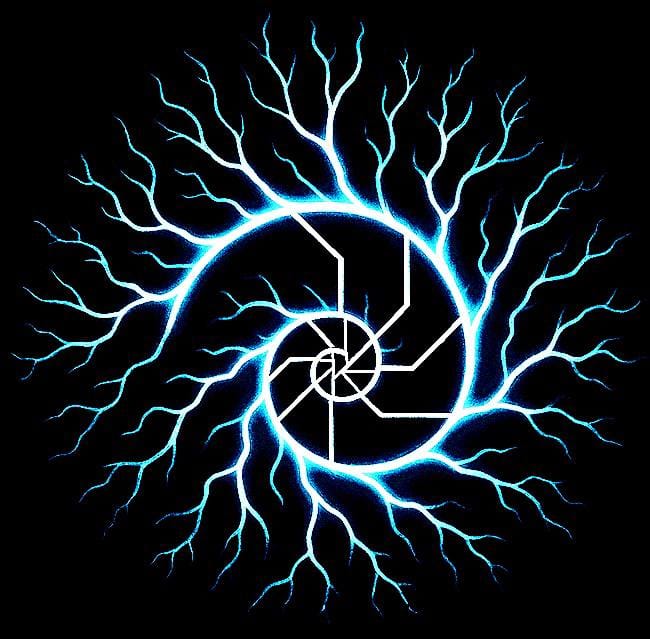The Illusion of Health: A Process View of the Living Body
But what if health is not something given or withheld? What if health is not a static state, but a process, a self-regulating, adaptive intelligence woven into the body itself?

We’ve been taught to think of health as the absence of disease, or as something managed by external authorities. The dominant story frames the body as a fragile machine — prone to breakdown, dependent on experts and interventions, and always at risk.
But what if health is not something given or withheld? What if health is not a static state, but a process — a self-regulating, adaptive intelligence woven into the body itself?
The Mechanistic Illusion
Modern health systems are built on a mechanistic model:
- The body is separate from the environment.
- Disease comes from external “invaders.”
- Genetics are destiny.
- Symptoms are malfunctions that must be suppressed.
This model has saved lives — surgery, antibiotics, and emergency medicine are real miracles. But as a paradigm, it narrows how we see the body. It reduces living processes to mechanical breakdowns. It often forgets that symptoms can also be signals — information the body uses to guide healing.
The Body as Adaptive Process
Contemporary science increasingly shows that the body is not just mechanical — it is relational, energetic, and adaptive:
- Self-regulation: The body is in constant feedback with itself, repairing tissues, balancing hormones, and detoxifying without conscious effort.
- Bioelectricity: Every cell maintains electrical charge. Regenerative medicine shows that bioelectric fields help guide wound healing and development.
- Heart–brain coherence: The heart’s electromagnetic field is measurable and influences nervous system regulation.
- Water as medium: Research suggests water inside cells may act as a dynamic medium for communication, not just passive hydration.
- Mind–body loops: Emotions, stress, and belief directly affect immune function, digestion, and healing.
In short: the body is not a static machine but a fractal, dynamic intelligence nested within larger systems — environment, ecology, culture.
Why Disease Emerges
If the body is this intelligent, why do we get sick? Not because the body is weak, but because processes are disrupted:
- Chronic stress narrows immune function.
- Processed food and toxins overload detox pathways.
- Artificial light, EMFs, and sleep disruption scramble circadian rhythms.
- Emotional suppression and trauma create physiological stress loops.
Disease is not always an “enemy.” Often it is the body signaling imbalance — asking for restoration.
A Process Model of Health
Health is not something to chase or fix — it’s what emerges when processes are aligned.
Four Keys to Process Health:
- Energy & Light
- Natural sunlight entrains circadian rhythms.
- Reduced nighttime blue light helps restore sleep cycles.
- Water & Nutrition
- Hydration and nutrient-dense, minimally processed food support cellular communication.
- Food is information — it carries biochemical and symbolic meaning.
- Movement & Rhythm
- Natural movement (walking, stretching, play, breathwork) restores flow.
- Sleep in darkness, aligned with cycles, is foundational.
- Mind & Emotion
- Emotions shape physiology; coherence practices help regulate.
- Stress management, creative expression, and trauma release support resilience.
Health is not something we acquire — it is something we allow by creating conditions for natural processes to unfold.
Shifting the Frame
The mainstream model focuses on control — suppressing symptoms, managing risk, outsourcing authority. A process model focuses on alignment: removing interference, trusting the body’s intelligence, and shaping environments that let life flourish.
This doesn’t mean rejecting medicine. It means situating medicine as one tool among many in a wider ecosystem of healing. True health emerges when we integrate: medical intervention when necessary, daily practices that honor process, and environments designed for vitality.
The Future of Health
We are entering a shift. Health is being reframed:
- From external control → to internal coherence.
- From static state → to dynamic process.
- From dependence → to sovereignty.
The body is not a fragile machine. It is a living fractal — a pattern of intelligence woven into matter, light, and environment.
When we stop seeing health as something we must constantly fix, we remember: the body already knows. Our task is to listen, align, and participate.
Closing
Health is not absence of disease. It is presence of process.
Your body is not broken. It is alive, intelligent, and waiting to unfold its natural balance — when given the chance.


Comments ()